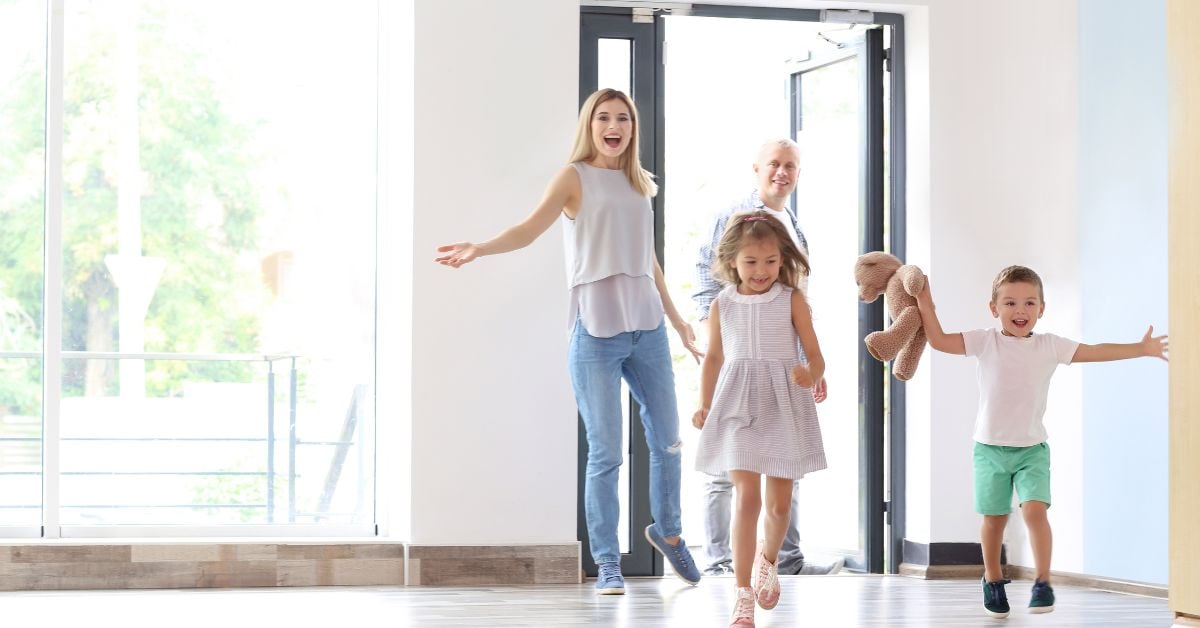Preparing Your Kids for Moving

Moving homes can be exciting, nerve-wracking, and disruptive. There are many pieces of the puzzle that need to come together during this process, but do not undermine how unsettling this can be on your children.
Children are creatures of habit, they like routine and they tend to plan more than you might think. You may have noticed this at the playground, if your kids are playing with friends and you tell them it’s time to go, it takes a few extra minutes for them to wrap things up. They cannot just drop and change like we may think.
Many parents who are about to pack up and relocate are right to be concerned about their child’s response to the move, and that may be just as stressful as the growing list of things you need to do before the big day.
Depending how far you are moving, while you are packing, your children are being forced to say goodbye to friends, teachers and all of the familiar comforts of their community.
If they must start at a new school, they could be worried about being ‘the new kid’, and how they are going to make new friends.
Even if you are just moving within the same community, children grow a strong attachment to their home. Whether it be memories of fun events, that safe space they could hide under the stairs, or leaving behind pets buried in the garden, there is a lot they need to process.
“It is not uncommon that your child will need some time to process the information, work through their emotions about it and ask questions as the process moves along,” Parenting, Education and Behaviour Expert Dr Teena Patel said.
“Parents shouldn’t feel the need to resolve every worry their child has, even if they could,” she said. “Oftentimes, the most supportive strategy is to actively listen, validate their emotions and empathise as you move through the process as a family.”
Before you prepare to actively search for home, talk to your child about what the move will look like and some of the challenges that might occur. This gives you a chance to start problem solving in advanced and makes it easier for them to deal with something that is expected, other than a surprise.
A way to help younger children transition is to make them feel involved with moving-related activities.
This could include letting your child help pack or encouraging them to pick a colour for their new room. By giving your child some control in moving-related activities, this can help reduce any moving related anxiety, Patel said.
On top of all of these, make sure your children know they can come to you at any point to talk about how the move is going, or to ask for advice. Your children are likely to have an answer if you ask them ‘what can I do to help you?’
Unpacking boxes in a new house is a large and daunting task alone. Keeping regular mealtimes or bedtimes for your children might not be a big priority for you, but it could be for your child’s routine. Children thrive off the familiarity, and while the entire move can throw their routine of kilter, you can continue to control this fundamental part of their routine. This shows them that even though they have a new room, in a new house, in a new area, there are element of this new chapter in their live that are still the same.
It is important to recognise that while this move could be exciting and long waited for you, your children might not understand or be as ready for a new home as you are.
Take some time and make sure your kids know you are there to support them to make this move fun and part of their next adventure in life.
Share


